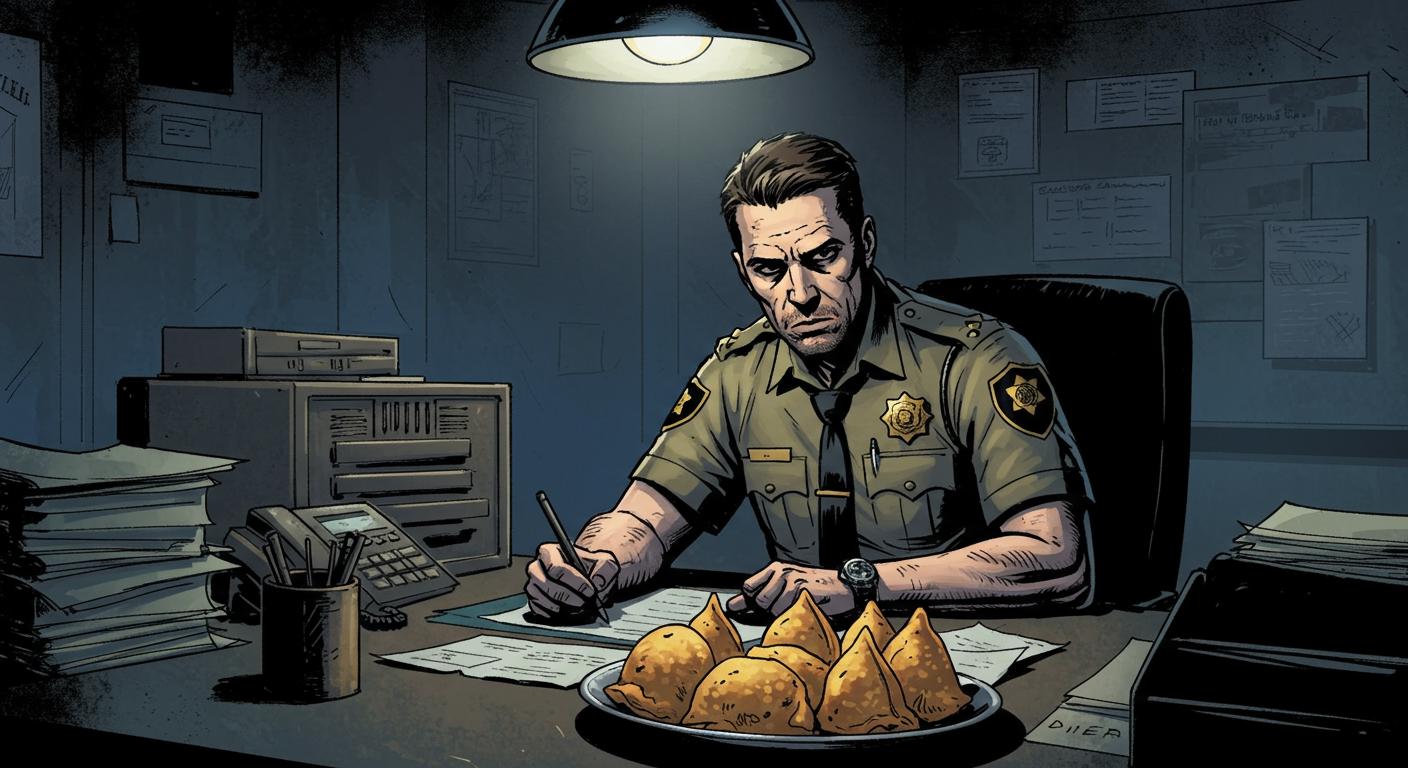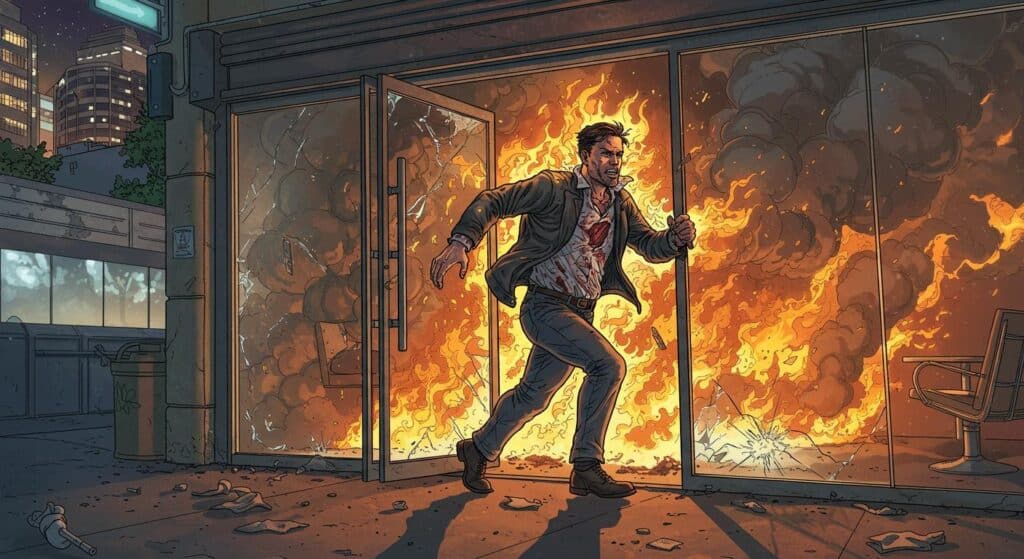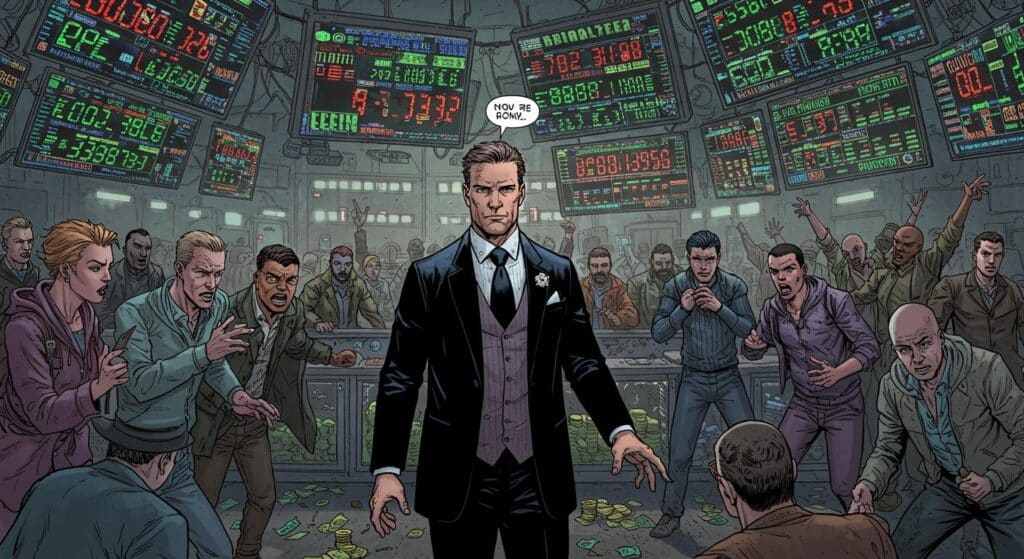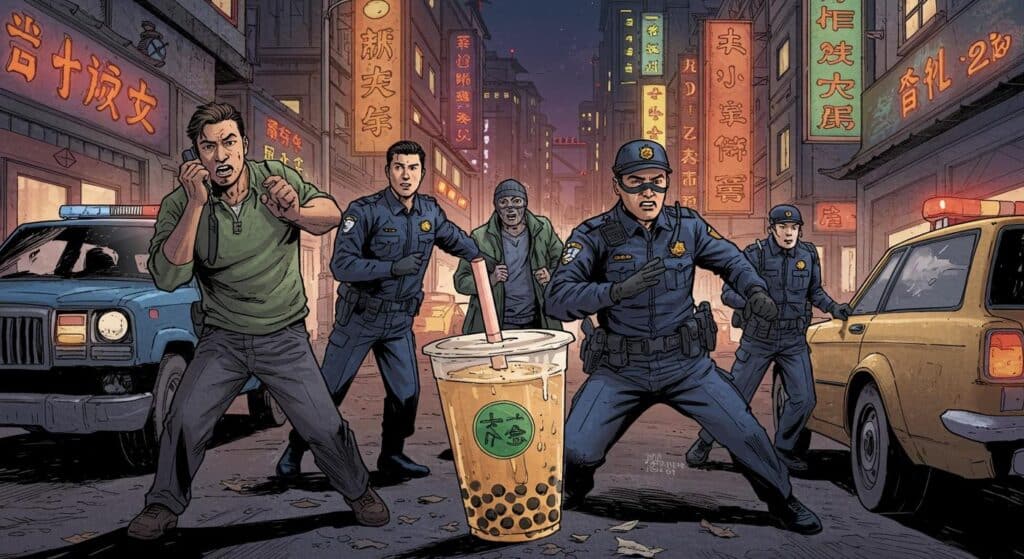There are plenty of stories that illustrate the absurdity of human folly, but every so often, the facts pile up in such a way that you’re left staring at the details—mind somewhere between a chuckle and a wince. In Etah, Uttar Pradesh, a case recently surfaced that manages to be both bleakly comic and deeply troubling in equal measure. As reported by Odisha Bytes and confirmed by the Free Press Journal, the integrity of justice in one small town was apparently up for sale at the going rate of—wait for it—six samosas.
A Samosa Shop, an Officer, and a Discarded Report
Let’s review: on April 1, 2019, a 14-year-old girl was allegedly sexually assaulted while returning home from school. The accused, Veeresh, a resident of the same village and notable for owning the local samosa shop, was said to have followed her, dragged her into a wheat field, and committed the crime. According to Odisha Bytes, two locals were drawn by the girl’s screams; Veeresh reportedly responded with threats and caste-based abuse before fleeing.
All this is grim enough on its own—the kind of story that, unfortunately, is neither uncommon nor unfamiliar. But what happened next is where the spiral into absurdity begins. The victim’s father, facing a wall of local police indifference, had his initial complaint ignored until a court order forced police to register the case under the POCSO Act, as both Odisha Bytes and the Free Press Journal describe.
Fast-forward to December 2024, when the investigating officer files a final report to the court. The thrust? No evidence. Case (almost) closed. Only, the survivor’s father wasn’t buying it. He filed a protest petition alleging that the investigation ignored eyewitnesses—some of whom had rushed to the scene—and glossed over the victim’s own account of sexual assault. Beneath this apparently shoddy police work, he alleged, lay a truly remarkable “transaction”: the officer had accepted six samosas from Veeresh’s shop, then filed a false report.
When a Bribe Weighs Less Than a Full Lunch
Bribes, sadly, are not exactly a rarity in tales of official misconduct anywhere in the world. But, as Odisha Bytes points out, the scale here is less back-room briefcase and more street-snack exchange. The court, upon reviewing the protest petition and hearing allegations of an investigation twisted by six flaky pastries, promptly quashed the final report and decided to hear the case directly—taking the police’s version of events out of the equation.
The officer’s original justification for the case makes the whole episode an even sharper study in the absurd: in his report, according to both sources, he claimed that the girl had asked Veeresh for samosas on credit, was refused, then filed fabricated allegations out of revenge. The victim’s testimony and the presence of eyewitnesses, conveniently, failed to sway this narrative. Was the “samosa-on-credit” theory developed on a full stomach, or did a little grease help the wheels turn? It’s difficult to imagine this defense holding up in any other circumstance.
Absurdity or Tragedy: Why Does It Always Come Down to Snacks?
There’s a peculiar comfort, perhaps, in the idea that justice, when it goes astray, at least sells itself dearly—a trunk of cash in a noir thriller, an offshore account, maybe a gold watch or two. Here, though, it’s six piping-hot samosas—roughly the cost of an after-school snack and a stomachache if you overindulge. The sheer banality of the “bribe” serves as its own kind of indictment.
The Free Press Journal notes that the episode came to light only because the survivor’s father persisted, refusing to allow the investigation to disappear into the usual cracks. The court, for its part, chose the path of direct oversight rather than risk letting the crumbs of justice vanish altogether.
So, what do we make of justice bought for a plate of fried pastries? Is the story laughable because of the tiny sum, or simply because the price is always beside the point when the wrong person is left holding the bill?
At the intersection of farce and tragedy, this case will now proceed before the court, minus the involvement of a police officer who, for reasons known only to him, deemed six samosas sufficient reward to shuffle a horrific crime into bureaucratic oblivion.
Sometimes corruption is as spectacular as it is devastating. Other times, it’s just…greasy, and served with mint chutney.







